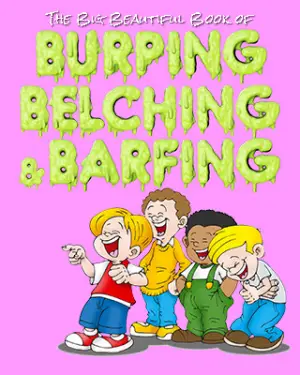Book Review: Gulf by Rania Abouzeid
Gulf first caught my attention with its evocative title and the promise of exploring complex lives amid the tumultuous backdrop of the Middle East. Rania Abouzeid, a seasoned journalist, dives deep into the intricate experiences of women navigating the challenges of their worlds—all while encapsulating themes that resonate far beyond the confines of geography. As a lover of rich, multi-layered narratives, I was intrigued to see how these stories would unfold.
The structure of Gulf captivated me from the start. Abouzeid cleverly weaves together five different points of view, pulling the reader in not only through a contemporary lens but also through echoing histories that precede the present. This clever juxtaposition allows for a broader understanding of the cultural, social, and political landscapes in which these women live. Each character embodies unique struggles, showcasing resilience and vulnerability in a world fraught with chaos—from the Yemeni Civil War to the realities faced by Filipina women working in the Gulf. I deeply appreciated how Abouzeid revealed these dimensions of their lives that many might overlook.
However, I found myself grappling with a few aspects. There’s a tendency in literary fiction to push the boundaries of sexuality, and I felt that some scenes felt forced or out of place. They diluted the more substantial narratives unfolding around them. While the main characters’ stories are compelling, I struggled to connect with two of them—Eskedare and Dounia—whose arcs, though significant, felt shallow compared to the weightier themes of the other perspectives. Eskedare’s burning protest, while symbolically rich, felt misguided; it was hard to grasp the motivations behind her extreme choices. Similarly, Dounia’s portrayal of postpartum anxiety left me conflicted, as her actions spiraled into violence that felt unjustified, overshadowing her character’s potential for depth and growth.
Abouzeid’s writing style is undoubtedly beautiful and lyrical. Her keen observations and vivid imagery transport the reader into the heart of every scene. The way she explores themes of displacement, identity, and resilience is both enlightening and emotionally engaging. I particularly loved the endings to each section: they resonated, tying back to the prevailing themes and evoking a spectrum of emotions. The book culminates with a poignant conclusion that left me contemplating the gravity of these women’s choices long after I had turned the last page.
Overall, I would recommend Gulf to readers who are interested in rich, multi-perspective narratives that delve into women’s lives in regions often underrepresented in literature. It’s a book that encourages exploration and understanding of the complexities surrounding personal and societal struggles. While it has its flaws, the stories within are powerful, and the knowledge I gained about the cultural context and experiences was invaluable. Abouzeid has crafted a significant work that challenges us to consider perspectives often unseen, while also reminding us that resilience can come in many forms.
Thank you to NetGalley and the publisher for providing an e-book for this review. If you’re looking for a thought-provoking read that expands your worldview, Gulf might just be the next book to add to your shelf.






